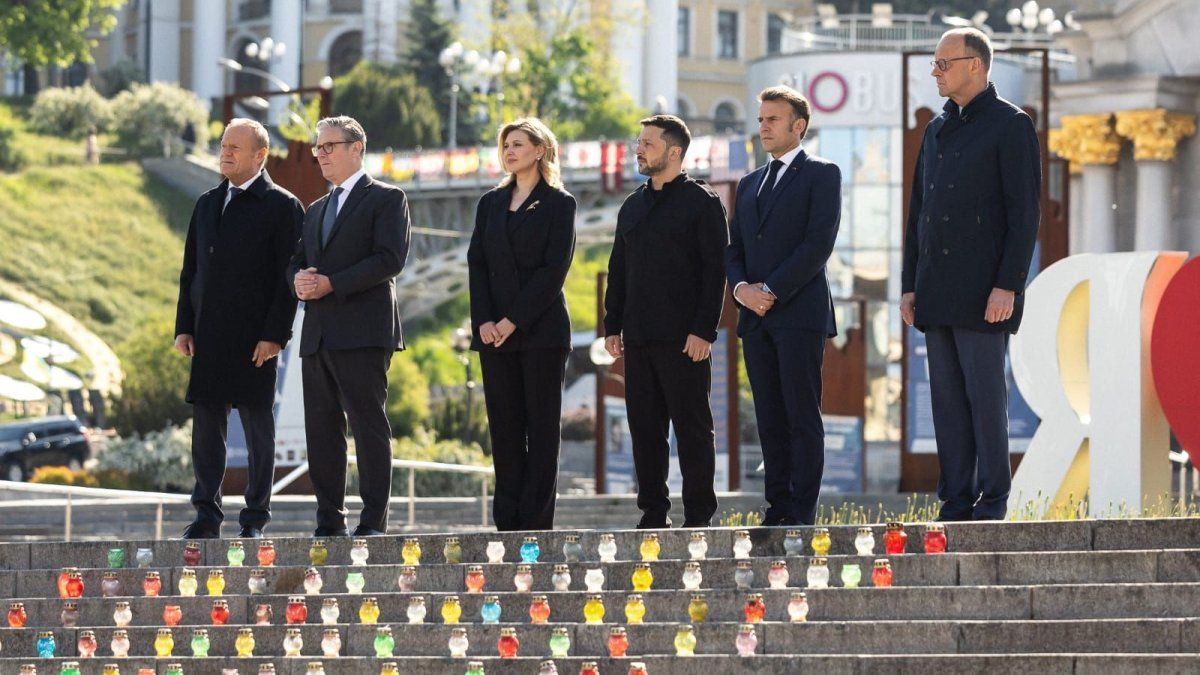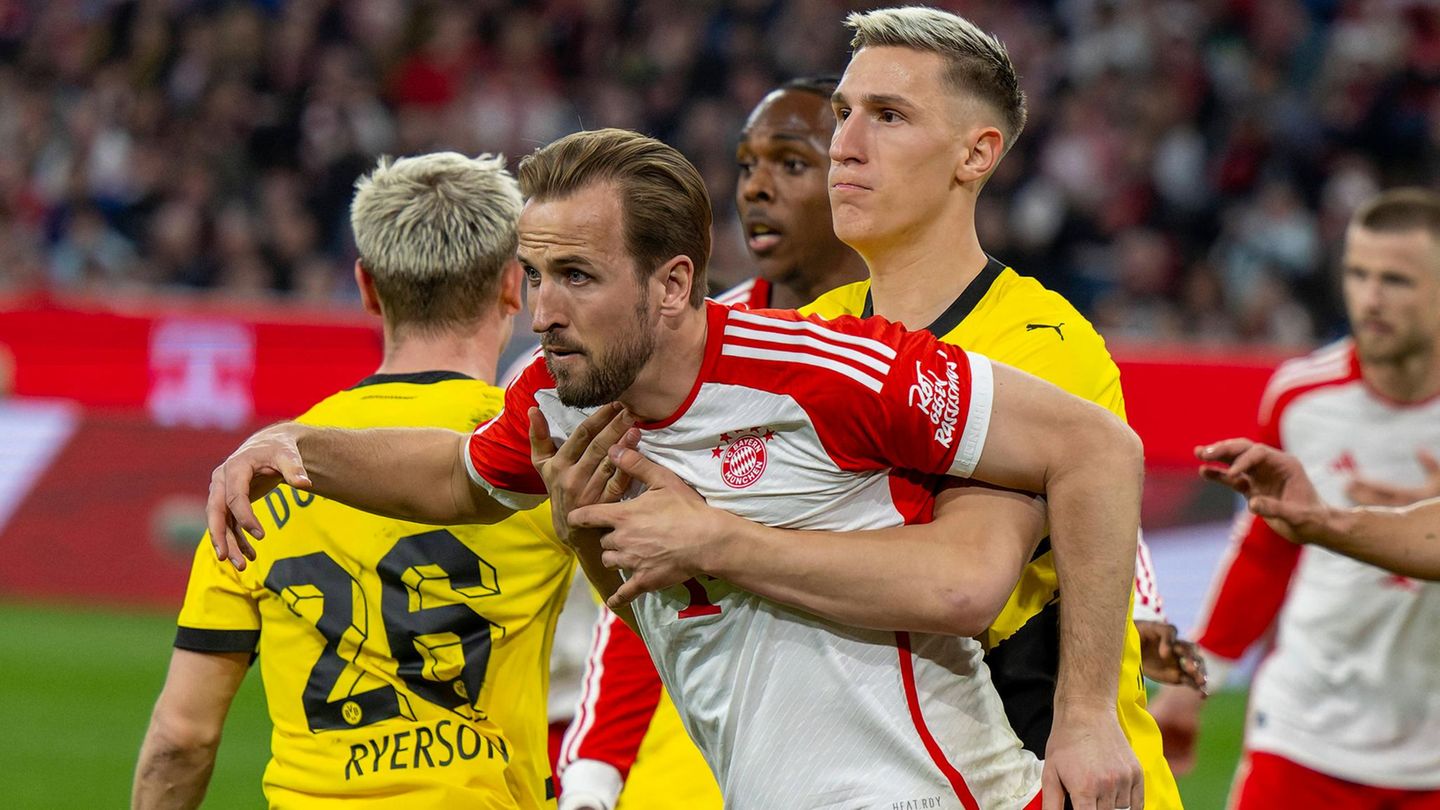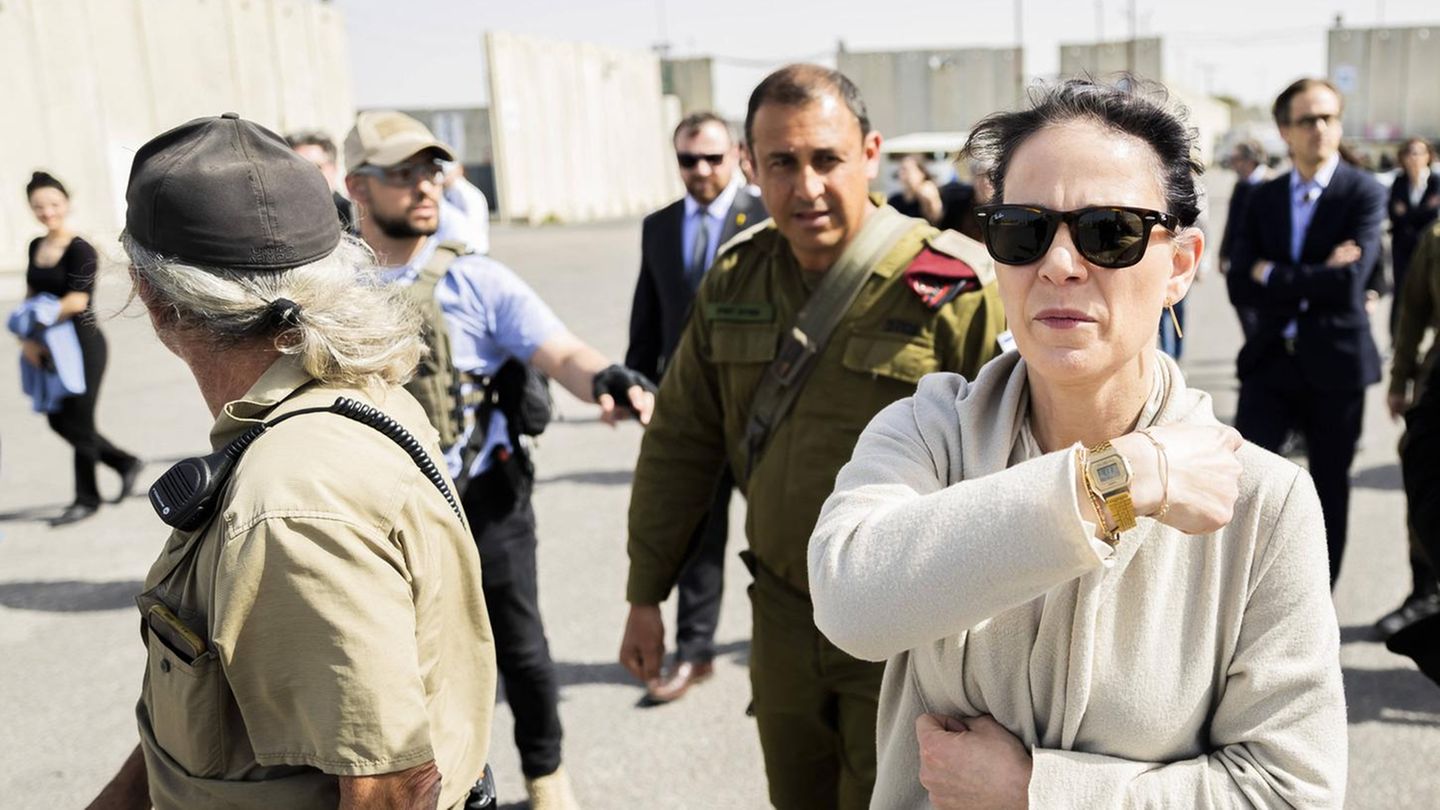I have been working in the news industry for over 6 years, first as a reporter and now as an editor. I have covered politics extensively, and my work has appeared in major newspapers and online news outlets around the world. In addition to my writing, I also contribute regularly to 24 Hours World.
Menu
The Greens in the Middle East dilemma: no heart for Gaza?
Categories
Most Read
are Donald Trump and Vladimir Putin digging a common tunnel?
October 18, 2025
No Comments
Donald Trump reduces prison sentence for Republican George Santos
October 18, 2025
No Comments
Donald Trump wants to end the war in Ukraine “without thinking about tomahawks”
October 18, 2025
No Comments
Firewall for the AfD: This is what happened at the CDU retreat
October 18, 2025
No Comments
The situation at a glance: The big question marks after the Zelensky-Trump meeting
October 18, 2025
No Comments
Latest Posts

European leaders reaffirmed their support for kyiv after Volodymyr Zelensky’s meeting with Donald Trump
October 18, 2025
No Comments
The president of Ukraine, Volodymyr Zelenskybriefed European leaders on their Friday meeting in Washington with the American, Donald Trump. They stressed the urgency of achieving

FC Bayern vs. BVB: These duels decide the game
October 18, 2025
No Comments
PierceI am Pierce Boyd, a driven and ambitious professional working in the news industry. I have been writing for 24 Hours Worlds for over five

On foot through South Australia: The most beautiful long-distance hiking trails
October 18, 2025
No Comments
The South Ocean Walk leads along the cliffs. South Ocean Walk leads along the cliffs The Wild South Coast Way is part of the Heysen
24 Hours Worlds is a comprehensive source of instant world current affairs, offering up-to-the-minute coverage of breaking news and events from around the globe. With a team of experienced journalists and experts on hand 24/7.

